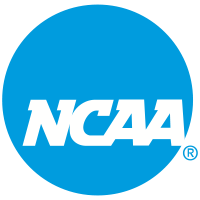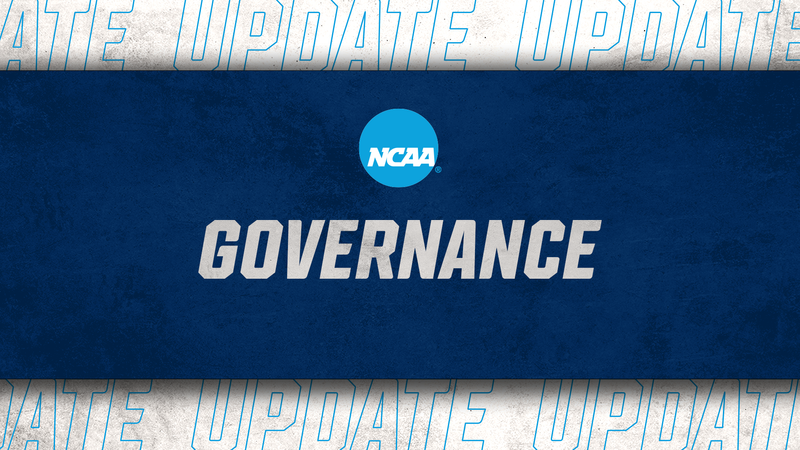Does shannon still have a chance of having that suspension revoked or reduced? if already asked and answered in previous pages, apologies.
Since the punishment for "the crime" is clearly spelled out in black and white, I would say NO chance at all, but we'll see....
IMO, the wording for the new gambling rules is poor.
See what I highlighted in rust color below. The key word that sticks out to me is "potentially."
So, a one year suspension could
potentially be reduced. But,
maybe Shannon's suspension has already gone from a permanent ban to a one year ban. Who knows. And his eligibility was already set to expire after this season, unless I am mistaken.
Any way, it will be interesting to see what happens, if anything.
The new rules related to gambling:
NCAA DI Council approves changes to reinstatement guidelines for sports wagering violations
June 28, 2023
2:30 pm
The Division I Legislative Committee on Tuesday ratified a Division I Committee on Student Athlete Reinstatement decision to amend guidelines for reinstating the eligibility of student-athletes who commit violations relating to sports wagering. The Division I Council was briefed on those new guidelines during its meeting this week in Indianapolis.
For all wagering-related violations reported on or after May 2, the following guidelines will apply:
- Student-athletes who engage in activities to influence the outcomes of their own games or knowingly provide information to individuals involved in sports betting activities will potentially face permanent loss of collegiate eligibility in all sports. This would also apply to student-athletes who wager on their own games or on other sports at their own schools.
- If a student-athlete wagers on their own sport at another school, education on sports wagering rules and prevention will be required as a condition of reinstatement, and the loss of 50% of one season of eligibility will be considered.
- For all other wagering-related violations (e.g., wagering on professional sports), cumulative dollar value of the wagers will be taken into consideration with the following terms for reinstatement:
- $200 or less: sports wagering rules and prevention education.
- $201-$500: loss of 10% of a season of eligibility, plus rules and prevention education.
- $501-$800: loss of 20% of a season of eligibility, plus rules and prevention education.
- Greater than $800: loss of 30% of a season of eligibility, plus rules and prevention education.
For cumulative wagering activities that greatly exceed $800, NCAA reinstatement staff are directed to consider whether additional loss of eligibility, including permanent ineligibility, are appropriate.
"These new guidelines modernize penalties for college athletes at a time when sports wagering has been legalized in dozens of states and is easily accessible nationwide with online betting platforms," said Alex Ricker-Gilbert, athletics director at Jacksonville and chair of the DI Legislative Committee. "While sports wagering by college athletes is still a concern — particularly as we remain committed to preserving the integrity of competition in college sports — consideration of mitigating factors is appropriate as staff prescribe penalties for young people who have made mistakes in this space."
Previous reinstatement guidelines, which were implemented prior to the broader legalization of sports wagering, stipulated that in most cases, student-athletes who wagered on sports at any level would lose one full season of collegiate eligibility.
The council directed the national office to continue to explore issues around rules education and integrity monitoring and requested additional updates on these topics.
The Division I Legislative Committee on Tuesday ratified a Division I Committee on Student Athlete Reinstatement decision to amend guidelines for reinstating the

www.ncaa.org





